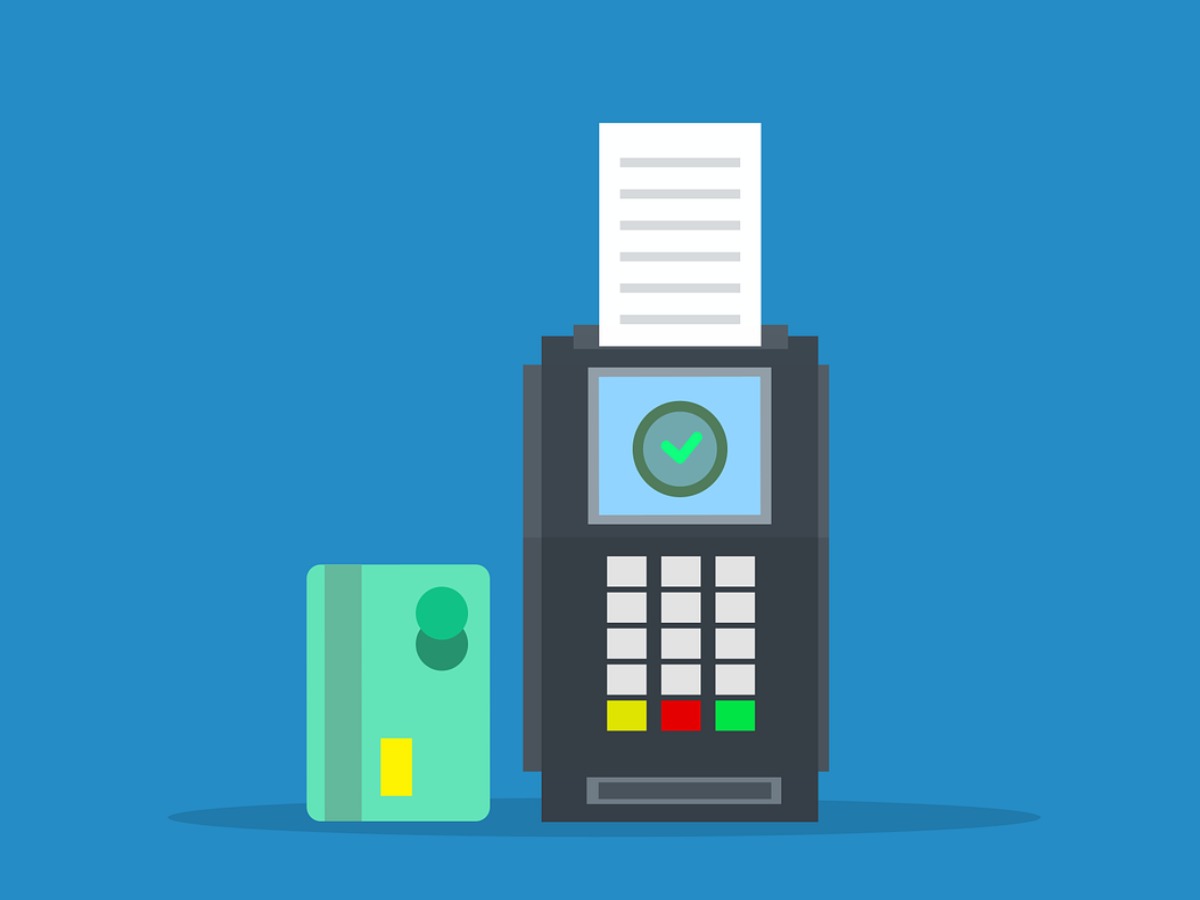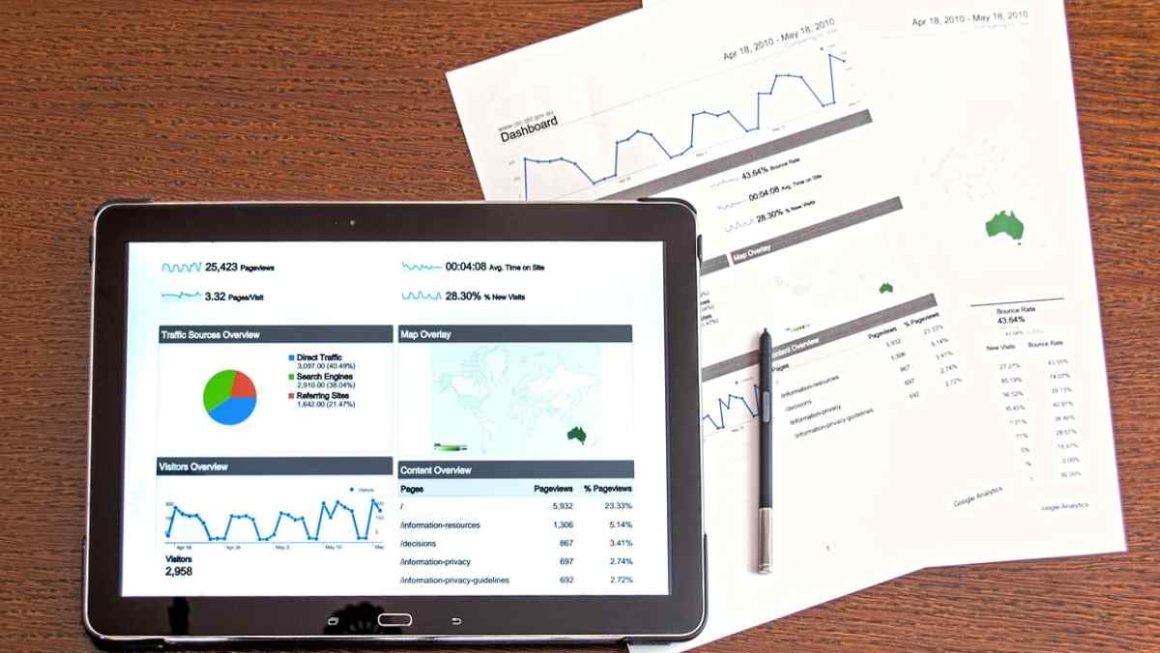In the rush of the digital age, many have questioned how to deposit a check online. Gone are the days when one had to stand in long queues at the bank to complete this task. Today, with a smartphone and a few swipes, the job’s done. Dive into this step-by-step guide to unravel this modern-day banking marvel.
Table of Contents
Trading Brick and Mortar for Pixels and Bytes
Banking has undergone a similar transformation just as music has evolved from physical cassette tapes to digital streaming platforms. The shift from physical bank branches to the realm of pixels and bytes has streamlined processes and redefined the banking experience. This change signifies more than just convenience; it represents the empowerment of individuals to conduct financial transactions from the comfort of their own hands, transcending the limitations of physical locations and traditional banking hours.
Essentials Before You Begin: Preparation is Key
Before embarking on digital check deposits, a few prerequisites are essential. First and foremost, a stable internet connection is the cornerstone of this endeavor. Additionally, ensuring that the bank’s official mobile app is downloaded onto the smartphone is paramount. This step is comparable to preparing for a mountain hike; having the appropriate equipment and resources ensures a smoother and more enjoyable journey.
Initiating the Digital Dance: The Deposit Process
Launching the App:
Once inside the bank’s official mobile app, navigate to the deposit or e-deposit option. This process is reminiscent of stepping into a vast library and going to a specific section where the desired information is stored.
The Image Capture:
The app will prompt the user to capture clear images of the check’s front and back. Attention to detail is crucial at this stage, as the images’ clarity directly impacts the deposit’s accuracy. This step can be likened to taking a photograph for an identification card; the image should be sharp, capturing all necessary details.
Enter the Amount:
After capturing the images, the user is required to input the amount mentioned on the check. Double-checking this step ensures accuracy and prevents potential discrepancies or errors. Just as a chef carefully measures ingredients before adding them to a recipe, precision in inputting the amount is vital.
Submission and Confirmation:
Once all details have been verified and entered correctly, it’s time to submit the information. Upon hitting the submit or deposit button, a confirmation message will swiftly pop up, signifying the successful completion of the deposit process. This moment is akin to receiving a receipt after making a purchase; it acknowledges the transaction’s completion.
Navigating Common Hurdles: Troubleshooting Tips
Although the digital check deposit process is typically seamless, occasional challenges might arise. Common issues include capturing unclear images or inputting incorrect amounts. Similar to the art of baking, where slight variations can impact the outcome, a bit of care and attention can rectify such glitches effortlessly. Taking a moment to double-check the images and entered information can save time and prevent potential frustration.
SoFi states, “It’s a good practice to keep your check for 30 days after you deposit it, or at least until you see the funds added to your account. After you see the money in your account, destroy the check or mark it void.”
Keeping the Digital Receipt: A Wise Move
After depositing the check digitally, it’s prudent to retain the physical check for a certain period and note the deposit date. This practice is reminiscent of keeping a ticket stub after attending a movie. By holding onto this proof, individuals have a tangible record of the deposit, which can be invaluable in any discrepancies or questions.
Depositing checks digitally is not merely a trend but a transformative shift in the banking world. While the process might appear intricate initially, armed with this step-by-step guide, anyone can become a virtuoso of modern banking. Embracing this digital shift empowers individuals to conduct financial transactions seamlessly, reshaping the landscape of banking into a symphony of convenience and efficiency.




